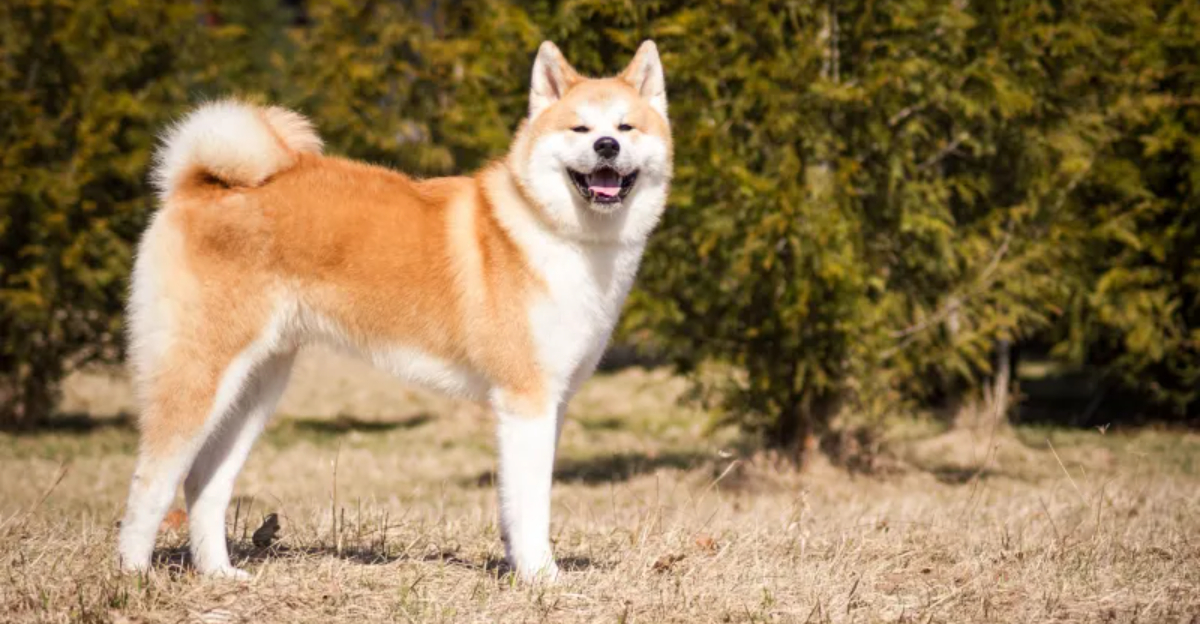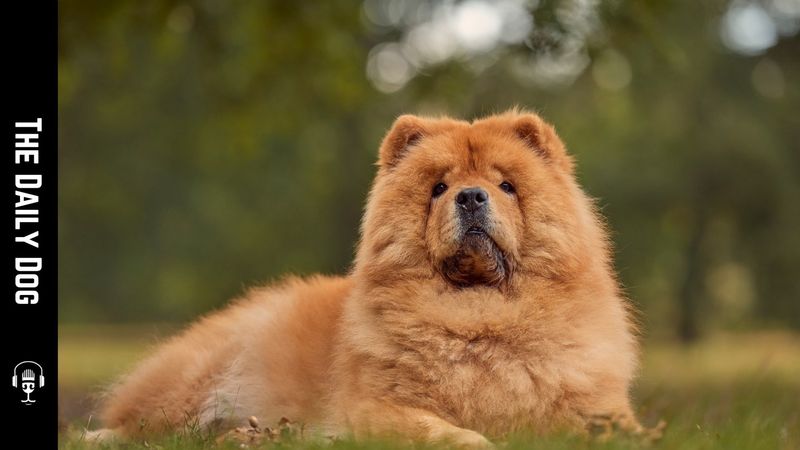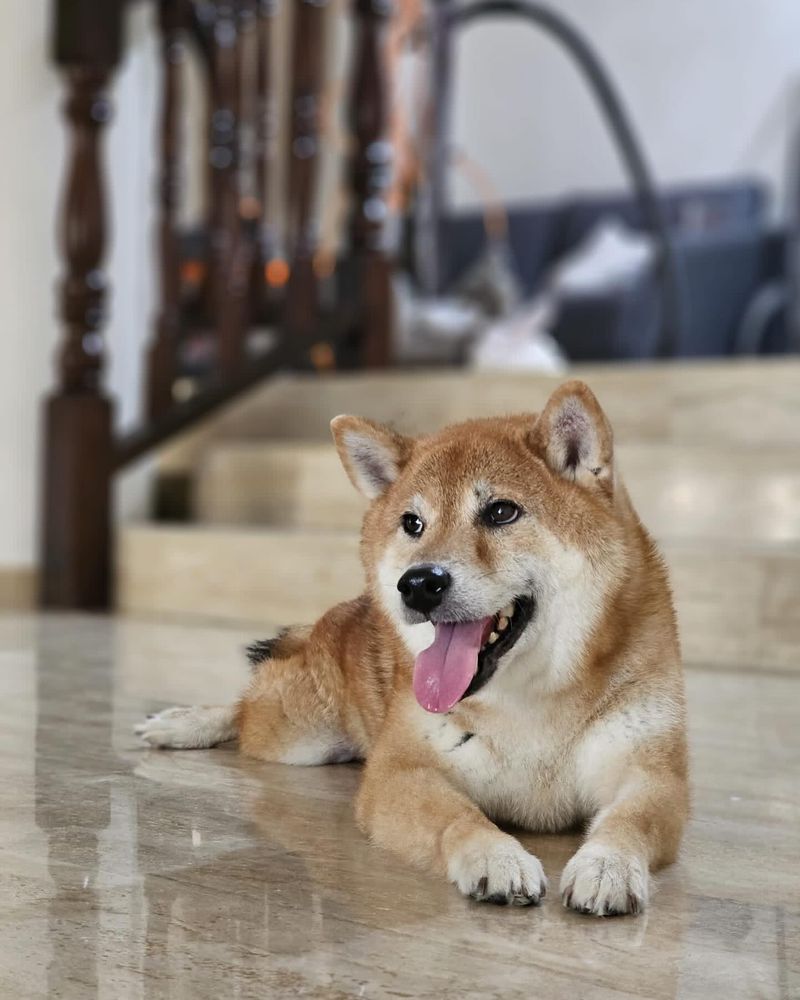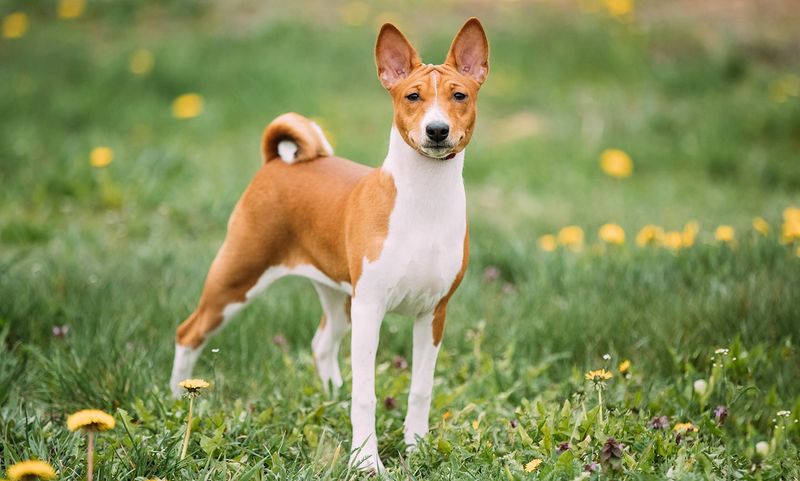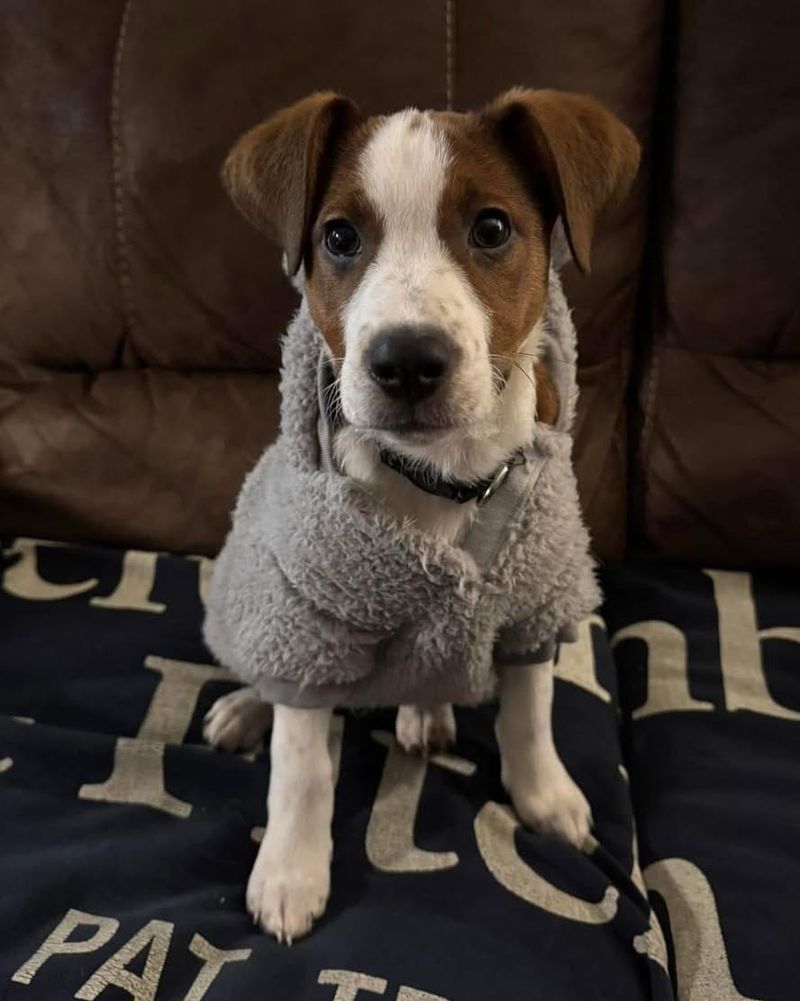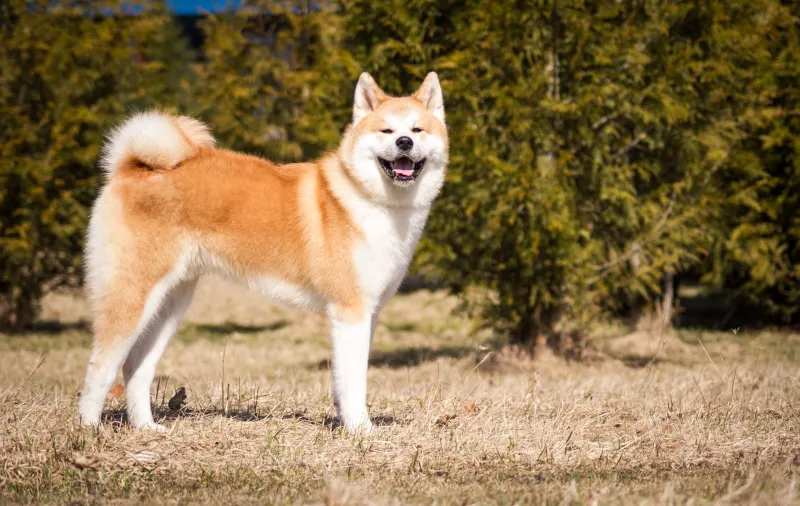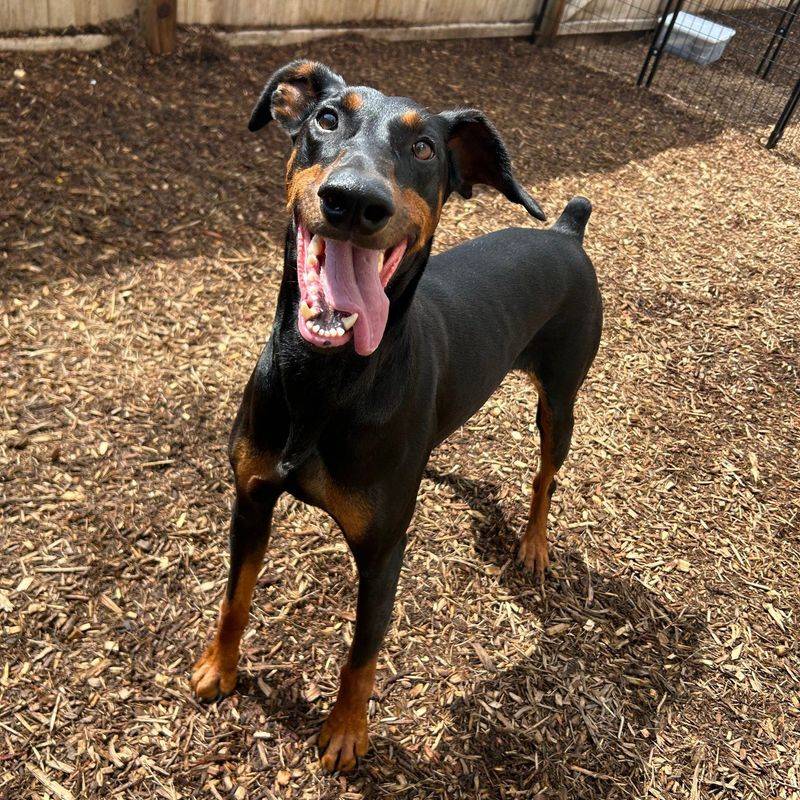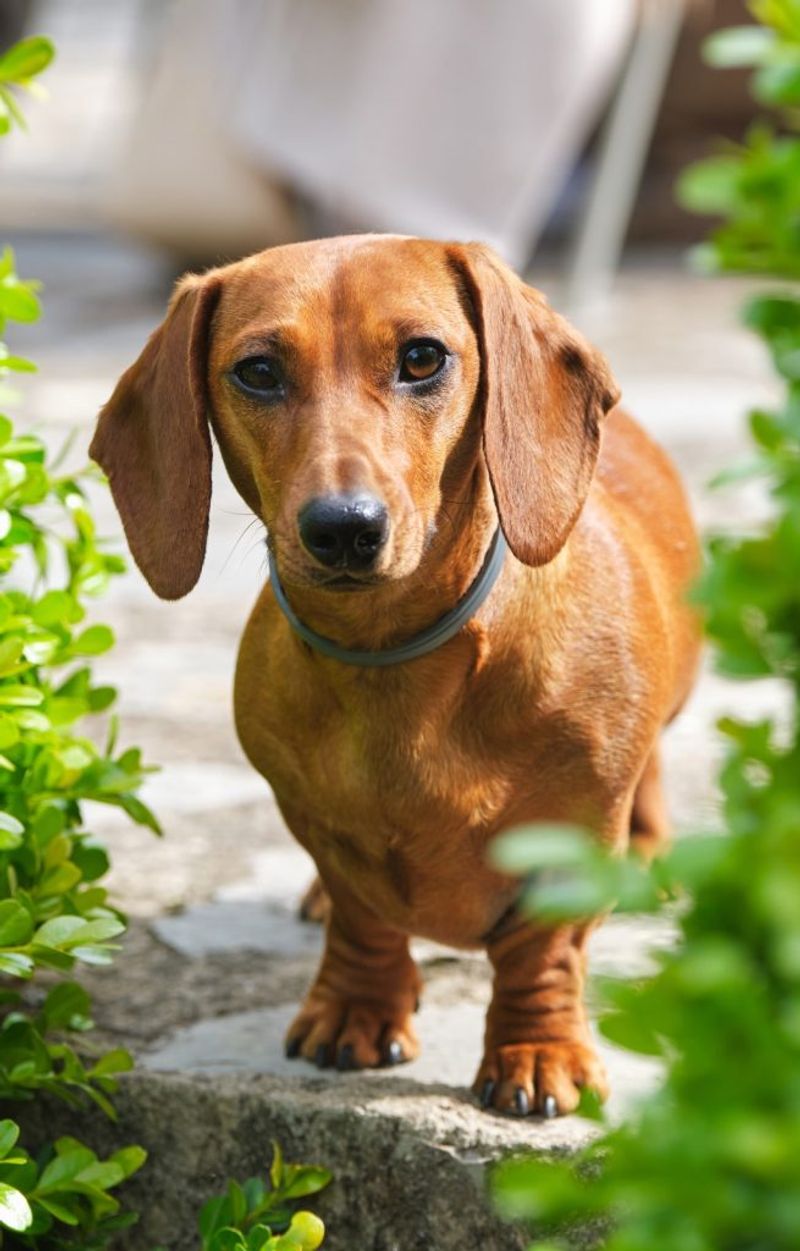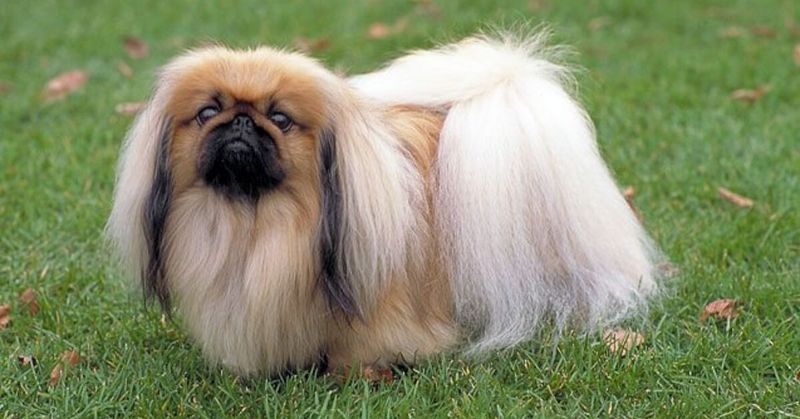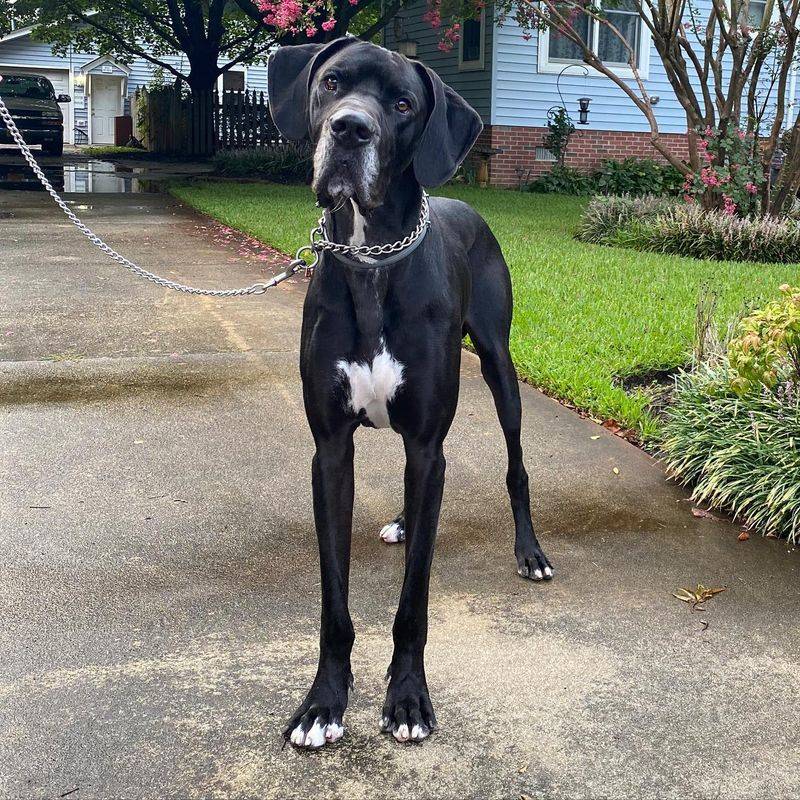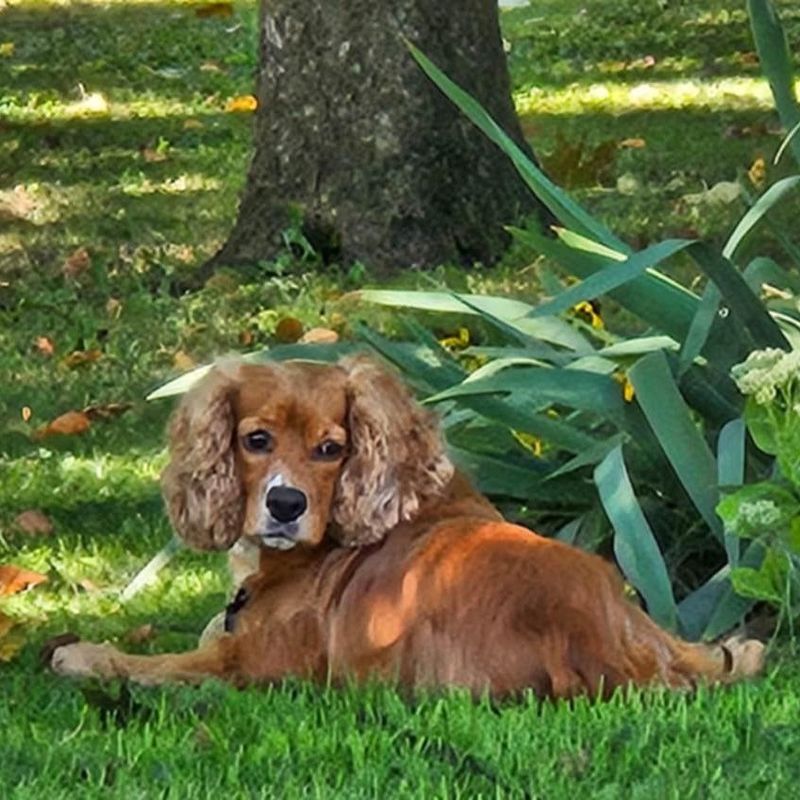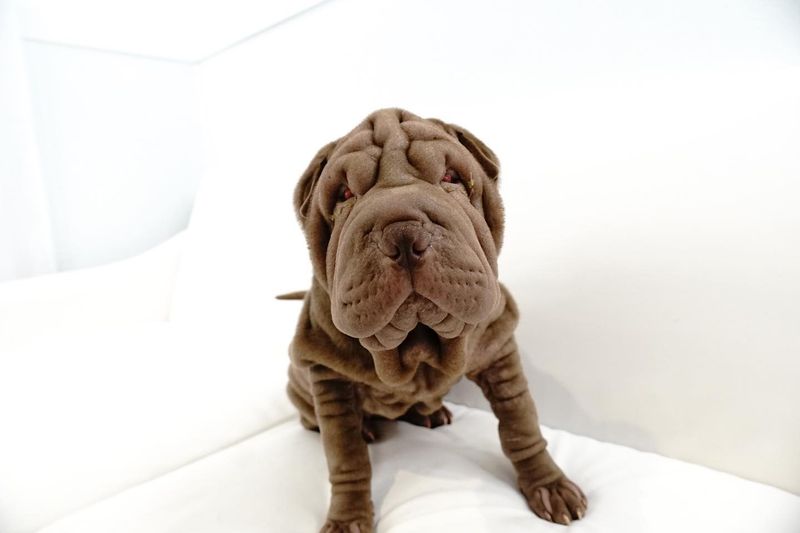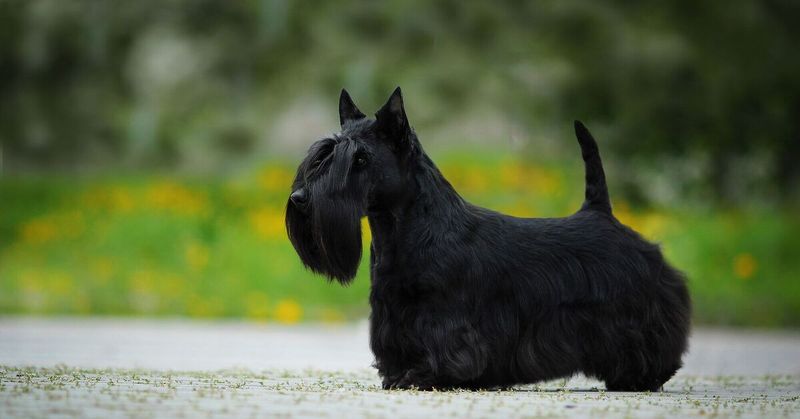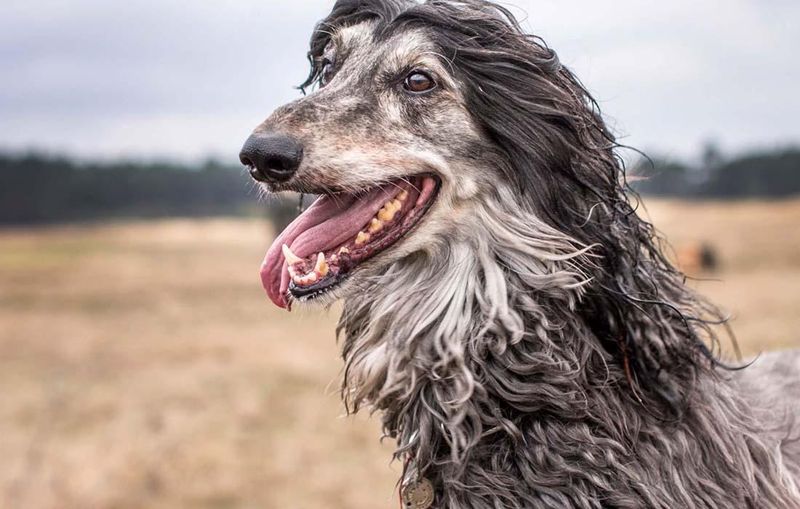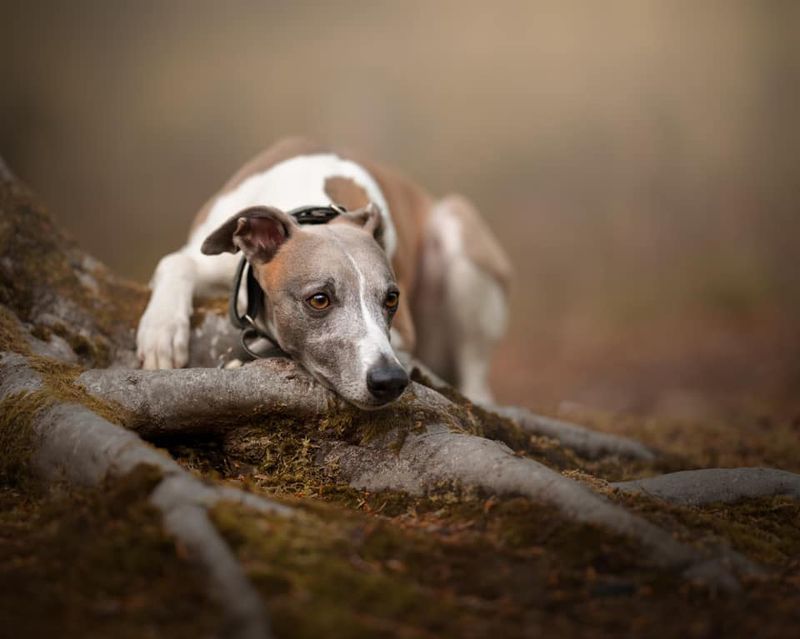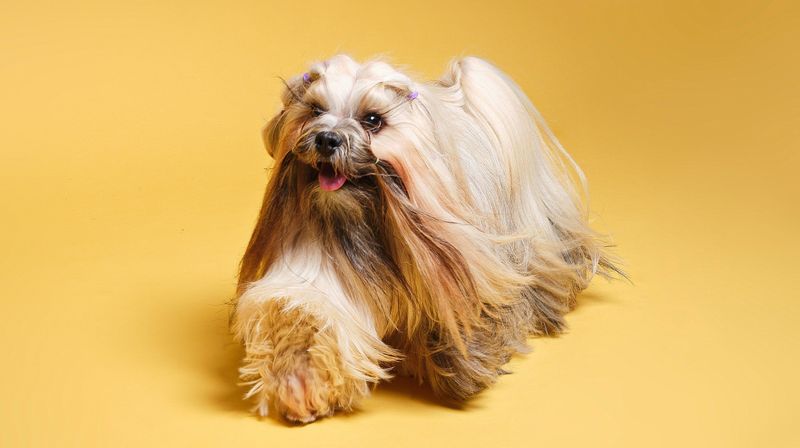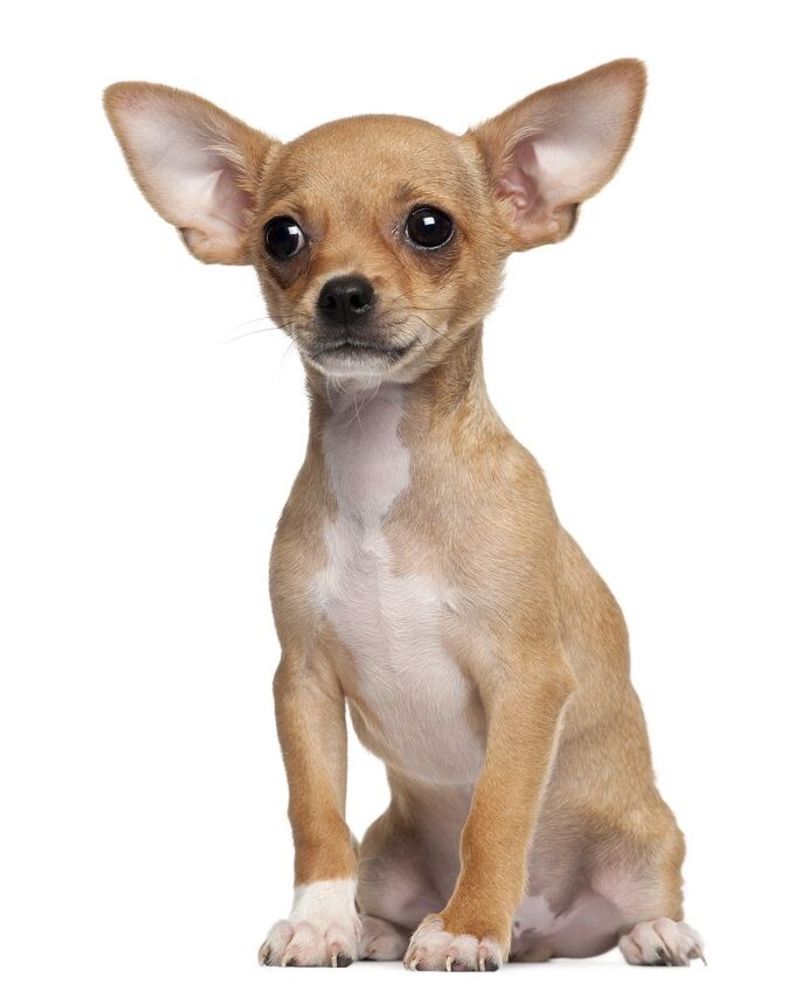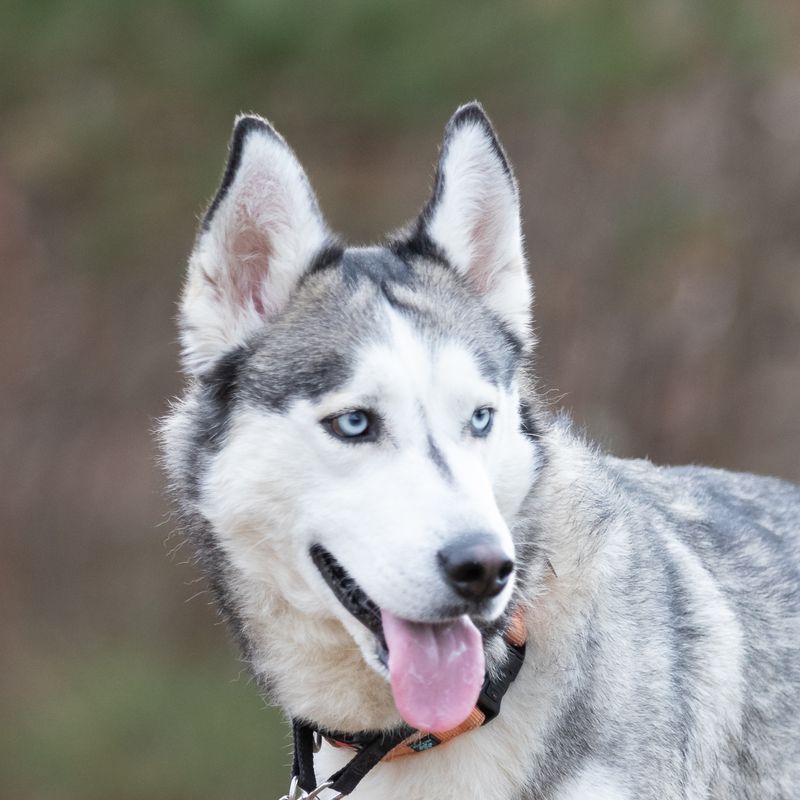Some dog breeds are not suited for living in multi-pet households due to their unique characteristics and temperaments. These breeds may exhibit dominant behaviors, territorial instincts, or require specific environments to thrive. Understanding these traits can help potential dog owners make informed decisions, ensuring a harmonious living situation for both pets and humans. Here, we explore 17 such breeds, each with distinct reasons that make them better suited for single-pet households. Whether due to their strong prey drive, need for attention, or territorial nature, these dogs will flourish best as the sole furry member of the family.
Chow Chow
The Chow Chow, with its lion-like mane and dignified demeanor, is a breed that values its independence. Known for being aloof with strangers and other animals, this breed is best suited for homes where it can reign as the only pet. The Chow’s unique personality includes a strong sense of ownership over its territory, which can lead to clashes in multi-pet environments. Despite their standoffish nature, they are profoundly loyal to their families. Providing them with consistent training and understanding their need for solitude can result in a rewarding relationship with this magnificent breed.
Shiba Inu
The spirited Shiba Inu, often described as a “cat-like” dog due to its independent nature, prefers to be the solo star in the household. Originating from Japan, this breed is known for its agility and keen sense of adventure. Shibas can be quite territorial and may not always welcome new furry siblings with open paws. They enjoy having their own space and the freedom to explore without interference. While fiercely loyal to their human companions, Shibas may exhibit aloofness towards other pets. Understanding their need for independence is crucial for a harmonious relationship.
Basenji
The Basenji, often called the “barkless dog,” brings a unique charm with its yodel-like sounds. Originating from Central Africa, this breed thrives on being the sole focus of its owner’s attention. Known for their curiosity and intelligence, Basenjis require mental stimulation and physical activity. In multi-pet homes, they may become competitive, vying for dominance. Their high prey drive can also pose challenges with smaller animals. Ensuring they have an environment where their natural instincts are respected will keep them content and engaged. With the right care, Basenjis make fascinating and loyal companions.
Jack Russell Terrier
Jack Russell Terriers are small dogs with big personalities. Known for their boundless energy and intelligence, they thrive in environments where they can be the center of attention. In homes with multiple pets, their feisty nature can lead to territorial disputes, especially with other dogs. Jack Russells need plenty of physical activity and mental challenges to keep them satisfied. Their strong prey drive means they may not get along well with smaller animals like cats or rodents. With proper training and a dedicated owner, Jack Russells can make spirited and loyal companions.
Akita
Akitas are renowned for their loyalty and protective instincts. Originating from Japan, this breed was historically used for hunting and guarding. In multi-pet homes, Akitas may become territorial, often preferring to be the sole protector of their domain. Their strong-willed nature means they may not tolerate other pets, leading to potential conflicts. Akitas thrive on being the center of attention, requiring dedicated care and affection from their owners. It’s essential to provide them with ample space and activities to channel their energy positively. With proper training and socialization, they can be wonderful companions in the right setting.
Doberman Pinscher
Doberman Pinschers are known for their elegance and intelligence, often excelling in working roles. They form strong bonds with their families, sometimes exhibiting a protective streak. In multi-pet homes, Dobermans may become possessive, as they prefer being the primary focus. Their natural guarding instincts can result in dominance struggles with other pets. These dogs flourish in environments where they receive ample attention and structured activities. Proper socialization and training are key to ensuring they develop into well-rounded companions. With the right environment, Dobermans are loyal and loving family members.
Dachshund
Dachshunds, with their distinctive long bodies and vibrant personalities, are charming and independent. They were originally bred for hunting, leading to a strong prey drive and territorial instincts. In multi-pet homes, they may assert dominance, occasionally exhibiting jealousy over shared attention. Dachshunds adore being pampered by their owners and can become possessive of their space and toys. Providing them with dedicated playtime and affection ensures they remain happy and healthy. Proper training from a young age can help curb any territorial tendencies, making them delightful companions in a single-pet household.
Pekingese
The Pekingese, with its luxurious coat and royal bearing, is a breed historically favored by Chinese royalty. This dog’s independent nature and strong sense of self often lead it to prefer solitary living. In households with multiple pets, Pekingese may display aloofness and disdain towards other animals. They relish being the sole recipient of affection and attention. Despite their small size, they possess a bold personality and require respect for their space. Regular grooming and pampering suit their royal temperament, ensuring they remain content in homes where they can shine as the main attraction.
Great Dane
Great Danes, often referred to as gentle giants, are known for their affectionate nature and impressive size. Despite their amiable disposition, they can be quite territorial in multi-pet homes. Their need for ample space and attention makes them better suited for being the sole pet. Great Danes enjoy lounging and spending quality time with their human companions. Their commanding presence can sometimes intimidate smaller pets, leading to discomfort. Providing them with a spacious environment and plenty of love ensures their happiness. In a single-pet home, Great Danes truly flourish, offering unwavering loyalty.
Cocker Spaniel
Cocker Spaniels are known for their gentle hearts and expressive eyes. While they bond deeply with their human families, they may become anxious in multi-pet homes. Their affectionate nature can lead to jealousy when attention is divided. Cocker Spaniels thrive in environments where they receive consistent love and companionship. They enjoy outdoor activities and require regular exercise to keep them healthy and content. In a single-pet household, they can fully express their loving and playful personalities. With patience and understanding, Cocker Spaniels make delightful and devoted companions, eager to share their affection.
Shar Pei
The Shar Pei, with its distinctive wrinkles and dignified appearance, is a breed that values tranquility. Known for their loyalty and independence, Shar Peis often prefer being the sole pet. They may exhibit territorial behavior in multi-pet homes, as they are naturally protective. These dogs form strong bonds with their families, requiring a calm and loving environment. Regular training and socialization are essential to harness their independent nature positively. In a single-pet household, Shar Peis flourish, offering unwavering devotion. Their unique look and reserved demeanor make them intriguing companions, adored by those who appreciate their individuality.
Scottish Terrier
Scottish Terriers, affectionately known as Scotties, are small dogs with big personalities. Their independent spirit and strong-willed nature often lead them to prefer solitary company. In multi-pet homes, Scotties may become territorial, displaying assertiveness towards other animals. They relish exploring their environment and require mental stimulation and activities. Scotties form deep bonds with their families, thriving in settings where they are the focus. With proper training and socialization, they can adapt to various living situations. However, as solo pets, they can truly shine, showcasing their loyalty and spirited character.
Afghan Hound
Afghan Hounds, with their flowing coats and aristocratic demeanor, are known for their independent nature. They are often described as “cats of the dog world” due to their aloofness. In multi-pet homes, Afghan Hounds may prefer solitude, valuing their own space. Their keen sense of sight and strong prey drive can lead to challenges with smaller pets. Providing them with ample exercise and grooming keeps them content. Afghan Hounds form unique bonds with their owners, offering loyalty and affection. In a single-pet home, they can fully express their elegant and mysterious personalities.
Whippet
Whippets, known for their elegance and speed, are often likened to miniature greyhounds. Despite their gentle nature, they can be quite independent, preferring to be the sole pet in the household. They enjoy lounging and require a peaceful environment to thrive. In homes with multiple pets, Whippets may feel stressed, as they are sensitive to changes in their surroundings. Providing them with a calm and loving environment ensures they remain happy and healthy. Whippets form deep bonds with their human companions, offering affection and companionship. In a single-pet home, they truly shine, showcasing their graceful demeanor.
Lhasa Apso
Lhasa Apsos, with their long, flowing coats and regal appearance, are known for their independent and confident nature. Originally bred in Tibetan monasteries, they served as watchdogs, leading to a strong sense of territory. In multi-pet homes, Lhasa Apsos may exhibit possessiveness, preferring to be the household’s exclusive pet. They enjoy being pampered and require regular grooming to maintain their luxurious coats. Lhasa Apsos form close bonds with their families, thriving in environments where they receive ample attention. As solo pets, they can fully express their charming personalities, offering loyalty and companionship.
Chihuahua
Chihuahuas, despite their small size, have bold and feisty personalities. They often form strong attachments to one or two family members, preferring to be the center of attention. In multi-pet homes, Chihuahuas may become territorial, displaying assertiveness towards other pets. They thrive in environments where they can receive ample affection and care. Chihuahuas enjoy being pampered and require a cozy space to call their own. Providing them with proper training and socialization from a young age ensures they develop into well-rounded companions. As solo pets, they can fully showcase their vibrant and spirited nature.
Siberian Husky
With eyes like clear skies and a spirit as wild as the Arctic tundra, the Siberian Husky demands attention. Their independent and strong-willed nature makes them challenging in multi-pet homes.
Huskies have a high prey drive, often seeing smaller animals as potential chase targets. This characteristic can lead to tension in households with cats or smaller dogs.
Known for their pack mentality, Huskies require a lot of exercise and mental stimulation. Without these, they may become destructive, making them best suited for single-pet families who can dedicate ample time to their needs.
